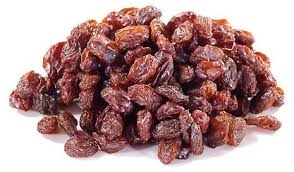Published Spring 2013
In the course of his daily routine, a mashgiach deals with dozens-if not hundreds-of food ingredients. In the arcane world of modern food technology, terms like “enzymes”, “substrates”, “emulsifiers”, “stabilizers”, and “surfactants” lend some technical significance. But, in the real world one may ask, “What has an enzyme done for me lately?” This article will address some of the direct applications of enzymes in our diet.





 STAR-D
STAR-D STAR-S
STAR-S